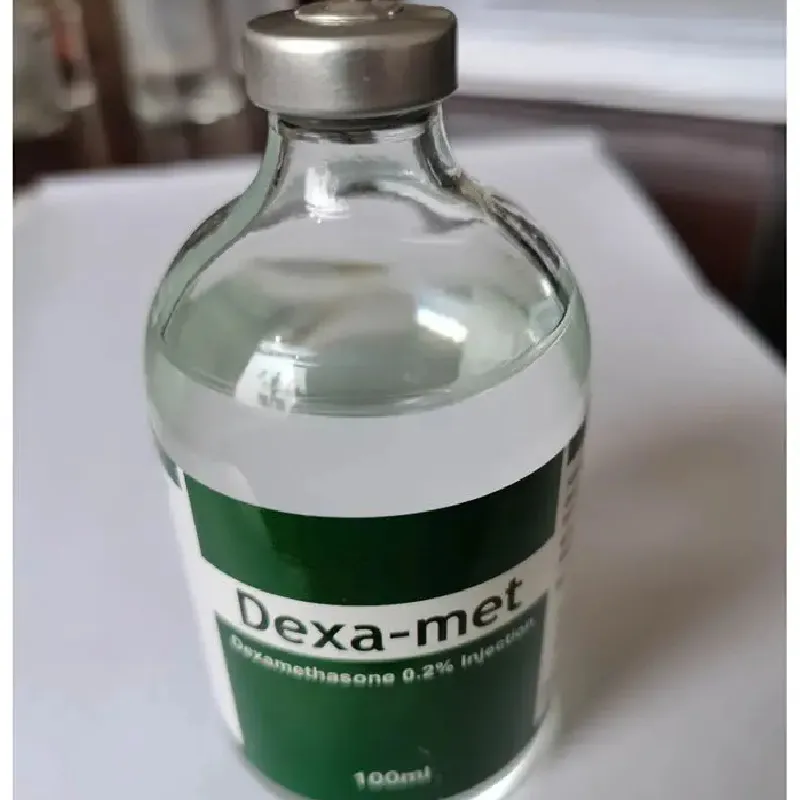- Afrikaans
- Albanian
- Amharic
- Arabic
- Armenian
- Azerbaijani
- Basque
- Belarusian
- Bengali
- Bosnian
- Bulgarian
- Catalan
- Cebuano
- Corsican
- Croatian
- Czech
- Danish
- Dutch
- English
- Esperanto
- Estonian
- Finnish
- French
- Frisian
- Galician
- Georgian
- German
- Greek
- Gujarati
- Haitian Creole
- hausa
- hawaiian
- Hebrew
- Hindi
- Miao
- Hungarian
- Icelandic
- igbo
- Indonesian
- irish
- Italian
- Japanese
- Javanese
- Kannada
- kazakh
- Khmer
- Rwandese
- Korean
- Kurdish
- Kyrgyz
- Lao
- Latin
- Latvian
- Lithuanian
- Luxembourgish
- Macedonian
- Malgashi
- Malay
- Malayalam
- Maltese
- Maori
- Marathi
- Mongolian
- Myanmar
- Nepali
- Norwegian
- Norwegian
- Occitan
- Pashto
- Persian
- Polish
- Portuguese
- Punjabi
- Romanian
- Russian
- Samoan
- Scottish Gaelic
- Serbian
- Sesotho
- Shona
- Sindhi
- Sinhala
- Slovak
- Slovenian
- Somali
- Spanish
- Sundanese
- Swahili
- Swedish
- Tagalog
- Tajik
- Tamil
- Tatar
- Telugu
- Thai
- Turkish
- Turkmen
- Ukrainian
- Urdu
- Uighur
- Uzbek
- Vietnamese
- Welsh
- Bantu
- Yiddish
- Yoruba
- Zulu
Ноя . 15, 2024 21:30 Back to list
what kills mites on dogs
What Kills Mites on Dogs Understanding and Treating Infestations
Mites are microscopic arthropods that can cause significant discomfort and health issues for dogs. These tiny pests can lead to various skin problems, such as itching, redness, and hair loss. Common types of mites that affect dogs include Sarcoptes scabiei (scabies mites), Demodex canis (Demodex mites), and Otodectes cynotis (ear mites). Understanding what kills mites on dogs and how to effectively manage and treat these infestations is essential for pet owners looking to ensure the health and comfort of their furry companions.
Identifying the Type of Mite
Before deciding on a treatment plan, it is crucial to identify the type of mite affecting your dog. Each type of mite has different characteristics and treatment protocols
1. Scabies Mites (Sarcoptes scabiei) These mites cause intense itching and skin inflammation. Dogs with scabies may exhibit symptoms such as red, scabby lesions and excessive scratching. Scabies is contagious and can spread to other animals and humans.
2. Demodex Mites (Demodex canis) Commonly referred to as mange, Demodex mites live in the hair follicles of dogs. While they are often found on healthy dogs, they can proliferate in cases of weakened immune systems. Symptoms include patchy hair loss and scaly skin.
3. Ear Mites (Otodectes cynotis) These mites infest the ear canals of dogs and cats, leading to discomfort and potential infections. Signs include scratching at the ears, shaking the head, and a dark, waxy discharge.
Effective Treatments
Once you've identified the type of mite, you can proceed with treatment. There are various treatments available, ranging from topical solutions to systemic medications. Here’s a look at some effective options
1. Topical Treatments These are often the first line of defense for managing mite infestations. Products containing selamectin or fipronil can be effective against certain types of mites. They are usually applied directly to the skin and work to kill the mites over time.
what kills mites on dogs

2. Prescription Medications In cases of severe infestation, veterinarians may prescribe stronger treatments. Ivermectin is a commonly used oral medication for treating scabies, but it is crucial to consult a veterinarian as it is not safe for all dog breeds, particularly those that are collies or have certain genetic predispositions.
3. Shampoos and Dips Specialized medicated shampoos or dips can help eliminate mites and soothe irritated skin. Look for products containing benzoyl peroxide or sulfur, which can help reduce mite populations and relieve itching.
4. Preventive Measures Maintaining a clean environment and practicing good hygiene can help prevent mite infestations. Regularly wash your dog’s bedding, vacuum areas where they reside, and avoid exposing them to other infected animals.
Home Remedies
While home remedies may not be as effective as veterinary treatments, some pet owners look for natural alternatives to help manage mite infestations. These can include
1. Apple Cider Vinegar Diluted apple cider vinegar can be used as a rinse to help soothe the skin and deter mites. However, it should not be used on open wounds or severely irritated skin.
2. Essential Oils Some essential oils, such as peppermint or lavender, have been suggested to repel mites. Always consult a veterinarian before using essential oils, as they can be toxic to pets in concentration.
Conclusion
In conclusion, mites can cause significant discomfort for dogs, but effective treatments are available. Identifying the type of mite is crucial for tailoring an appropriate treatment plan. While various topical treatments and prescription medications can effectively eliminate mites, preventive measures also play a vital role in keeping your pet safe and healthy.
If you suspect your dog is suffering from a mite infestation, it is essential to consult with a veterinarian promptly. They can provide guidance on the best course of action and help ensure that your furry friend finds relief from these pesky parasites. Remember, taking swift action not only helps your dog but also prevents the potential spread of mites to other pets and even to humans.
-
Guide to Oxytetracycline Injection
NewsMar.27,2025
-
Guide to Colistin Sulphate
NewsMar.27,2025
-
Gentamicin Sulfate: Uses, Price, And Key Information
NewsMar.27,2025
-
Enrofloxacin Injection: Uses, Price, And Supplier Information
NewsMar.27,2025
-
Dexamethasone Sodium Phosphate Injection: Uses, Price, And Key Information
NewsMar.27,2025
-
Albendazole Tablet: Uses, Dosage, Cost, And Key Information
NewsMar.27,2025













